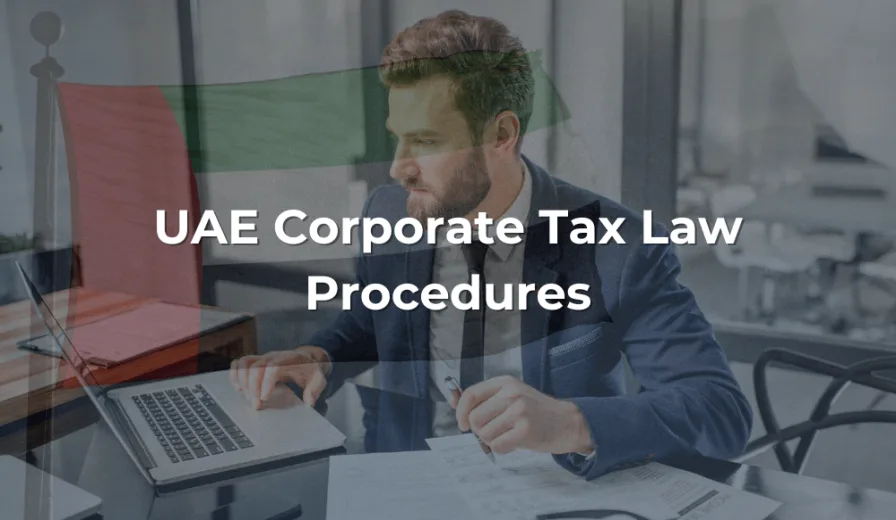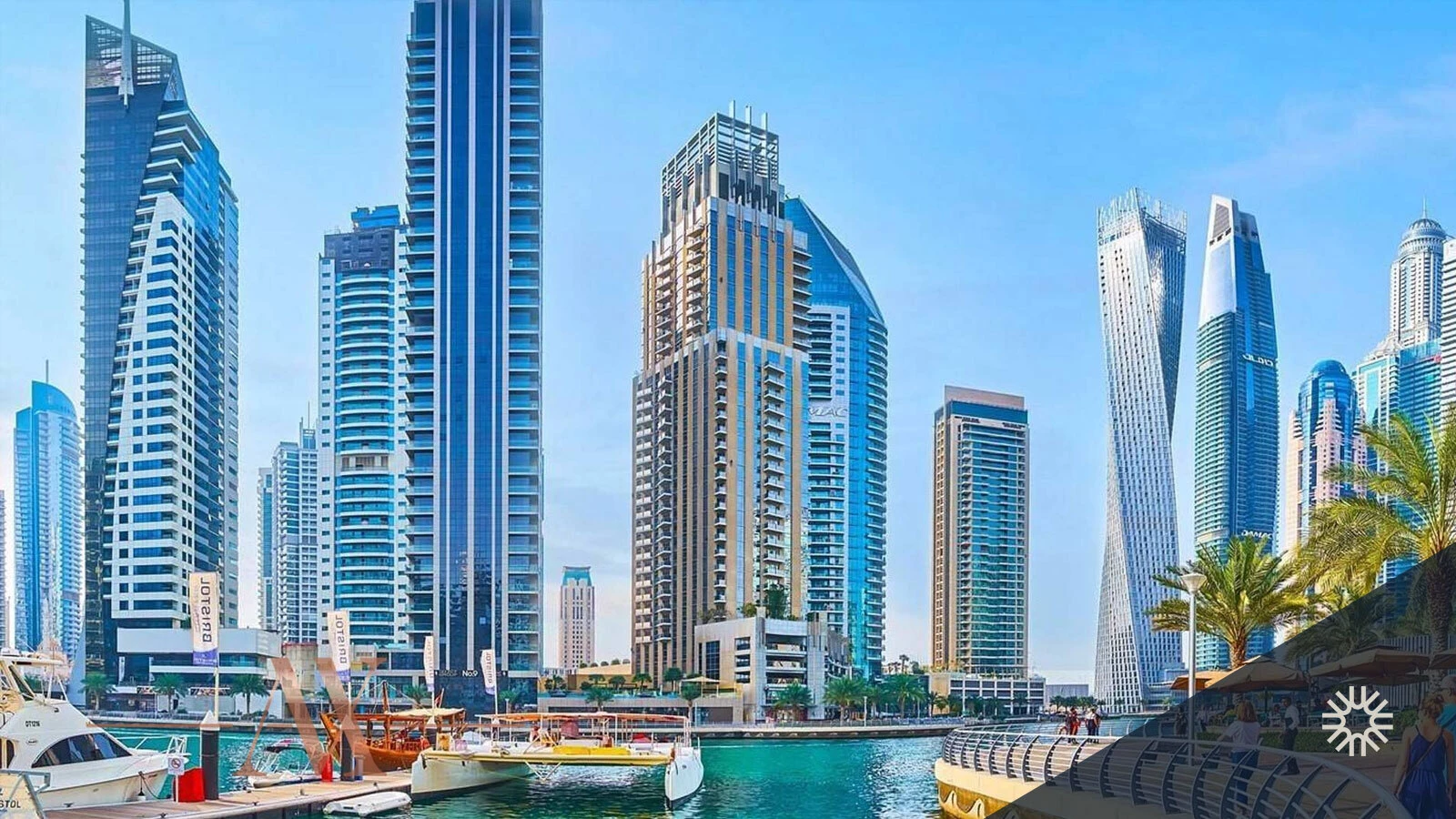Now Reading: UAE Tax Law: Treatment of Intra-Family Property Transfers in 2025
-
01
UAE Tax Law: Treatment of Intra-Family Property Transfers in 2025
UAE Tax Law: Treatment of Intra-Family Property Transfers in 2025

Table of Contents
Intra-Family Property: The UAE’s real estate market, valued at AED 958 billion in 2024, grew 23.9% year-on-year, with intra-family property transfers gaining traction for wealth planning, per gtlaw.com. The UAE’s tax regime, including the 9% corporate tax (CT) introduced in June 2023 under Federal Decree-Law No. 47 and 5% VAT, shapes these transactions, per taxsummaries.pwc.com.
Non-compliance risks fines up to AED 500,000, per jaxaauditors.com. This article examines how UAE tax law treats intra-family property transfers in 2025, focusing on individuals, family foundations, and U.S. considerations, using web insights.
UAE Tax Framework for Intra-Family Property Transfers

Intra-family property transfers involve gifting or selling real estate (residential or commercial) between family members, often for estate planning, per tranio.com. UAE tax law distinguishes between individual and business transactions, with key features:
- No Personal Taxes: UAE imposes 0% personal income, capital gains, gift, or inheritance tax on individuals, per immigrantinvest.com.
- Corporate Tax: 9% on business profits above AED 375,000; family foundations may be tax-transparent, per lexology.com.
- VAT: 5% on commercial property transfers; residential transfers are zero-rated or exempt, per shuraatax.com.
- Transfer Fees: Emirate-specific fees (e.g., 0.125% in Dubai for intra-family transfers) apply, per tranio.com.
- Compliance: Federal Tax Authority (FTA) registration and seven-year record retention are mandatory for taxable entities, per hawksford.com.
Tax Treatment of Intra-Family Property Transfers in 2025
1. No Personal Income or Gift Tax for Individuals
Individuals transferring property to family members (e.g., parents to children) face no personal income, capital gains, or gift tax, per savoryandpartners.com. This tax-neutral environment supports wealth transfer without fiscal burden.
- Impact: Gifting a AED 2 million residential property incurs no tax, preserving full asset value.
- U.S. Consideration: Report gifts above $19,000 on IRS Form 709; no U.S. gift tax unless exceeding lifetime exemption ($13.99 million in 2025).
- Action: Document transfer intent (e.g., gift deed); no FTA filing required for individuals, per u.ae.
2. Reduced Transfer Fees in Dubai

Intra-family property transfers in Dubai incur a reduced transfer fee of 0.125% of the property’s value (minimum AED 2,000), compared to 4% for standard transfers, per tranio.com. Other emirates like Abu Dhabi charge 2–4%, often split between parties, per allaboutvat.com.
- Impact: A AED 5 million property transfer in Dubai costs AED 6,250 (0.125%), saving AED 193,750 versus 4% (AED 200,000).
- U.S. Consideration: Include fees in property basis on Form 8949 for future sales.
- Action: Apply via Dubai Land Department (DLD); pay AED 250 for Title Deed issuance, per tranio.com.
3. VAT on Commercial Property Transfers
Commercial property transfers between family members incur 5% VAT unless the recipient is VAT-registered and can recover it, per shuraatax.com. Residential properties are zero-rated (first-time sales) or exempt (secondary sales), per taxsummaries.pwc.com.
- Impact: Transferring a AED 3 million commercial property incurs AED 150,000 VAT, increasing costs by 5% if non-recoverable.
- U.S. Consideration: Deduct VAT as an expense on Schedule E; no U.S. VAT impact.
- Action: Register for VAT if supplies exceed AED 375,000; maintain invoices, per finanshels.com.
4. Corporate Tax for Family Foundations
Family foundations, used for wealth management, are juridical persons subject to 9% CT unless treated as tax-transparent unincorporated partnerships under Article 17 of the CT Law, per lexology.com. Transparency requires FTA approval and conditions like no business activity or tax avoidance intent.
- Impact: A foundation transferring a AED 10 million property with AED 2 million gain pays AED 180,000 CT if not tax-transparent, reducing net value by 1.8%.
- U.S. Consideration: Report income on Form 1040; claim credits on Form 1116 if taxable.
- Action: Apply for tax-transparent status via FTA; retain asset records, per farahatco.com.
5. Anti-Avoidance Rules for Artificial Transfers
Artificial transfers (e.g., to avoid CT) are scrutinized under Article 3 of Cabinet Decision No. 35 of 2025, per bsalaw.com. Transfers without valid commercial or non-fiscal reasons trigger CT liability for non-residents or businesses.
- Impact: An artificial transfer of a AED 4 million property incurs AED 360,000 CT if deemed taxable, plus penalties up to AED 50,000.
- U.S. Consideration: IRS may scrutinize under anti-abuse rules; report on Form 8938.
- Action: Document economic rationale (e.g., estate planning); consult advisors like Hawksford, per bsalaw.com.
6. Registration and Notary Fees
All transfers require registration with emirate land departments, incurring fees (e.g., AED 2,000–4,000 in Dubai based on property value) and AED 250 for Title Deed issuance, per immigrantinvest.com. Notary fees apply for document attestation, per allaboutvat.com.
- Impact: A AED 1 million property transfer in Dubai incurs AED 2,000 registration fee and AED 250 Title Deed fee, totaling 0.225% of value.
- U.S. Consideration: Include fees in cost basis for IRS reporting.
- Action: Pay fees via DLD; notarize documents with emirate authorities, per tranio.com.
Quantitative Impact

Consider a AED 5 million residential property transferred intra-family in Dubai:
- No Personal Tax: 0% gift tax saves AED 0.
- Transfer Fee: 0.125% (AED 6,250) plus AED 2,000 registration and AED 250 Title Deed totals AED 8,500 (0.17% of value).
- VAT: 0% (residential, exempt), saving AED 250,000.
- Non-Compliance (Business Entity): If misclassified as a business, 9% CT on AED 1 million gain (AED 90,000) plus penalties (AED 10,000) reduces net value by 2%.
- Total Cost: AED 8,500 (0.17%), maintaining 99.83% of asset value.
Key Considerations for U.S. Individuals
- Risks:
- Non-Compliance: Fines up to AED 500,000 for unregistered taxable entities, per jaxaauditors.com.
- Market Risks: 14,000 units planned for 2026–2029 may soften values by 0.5–1%, per omniacapitalgroup.com.
- Costs: Compliance costs AED 5,000–15,000 for businesses; notary fees AED 500–2,000.
- Tax Compliance: UAE’s 0% personal tax simplifies individual transfers; IRS requires Form 709 (gifts), Form 8938 (assets), Form 8949 (future sales), and FinCEN Form 114.
- Regulatory Compliance: DLD mandates electronic filings; emirate-specific rules (e.g., Abu Dhabi’s 2% fee) apply, per allaboutvat.com.
- Currency Stability: AED pegged at 1 USD = 3.67 minimizes risk.
Conclusion
In 2025, UAE tax law treats intra-family property transfers favorably for individuals, with 0% personal taxes, reduced transfer fees (0.125% in Dubai), and VAT exemptions for residential properties. Family foundations face 9% CT unless tax-transparent, and artificial transfers risk scrutiny. U.S. individuals benefit from UAE’s tax-neutral regime but must comply with IRS reporting. Partnering with firms like Farahat & Co. or Hawksford ensures FTA and DLD compliance, preserving wealth in a AED 958 billion market. Intra-Family Property Transfers
read more: UAE REITs: 6 Tax Compliance Rules Every Sponsor Must Follow in 2025




















